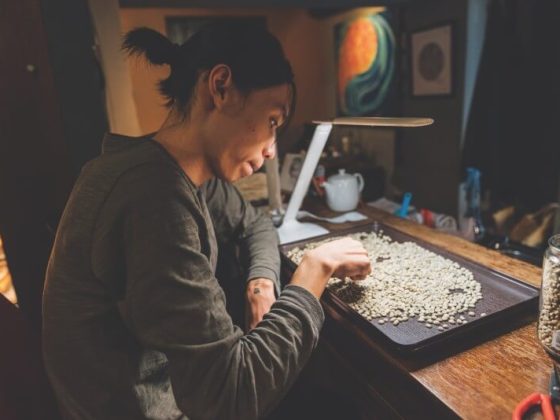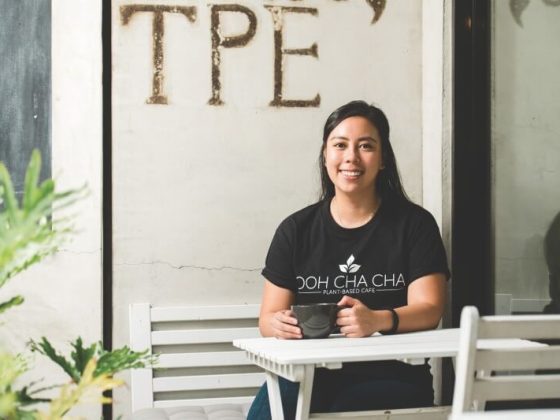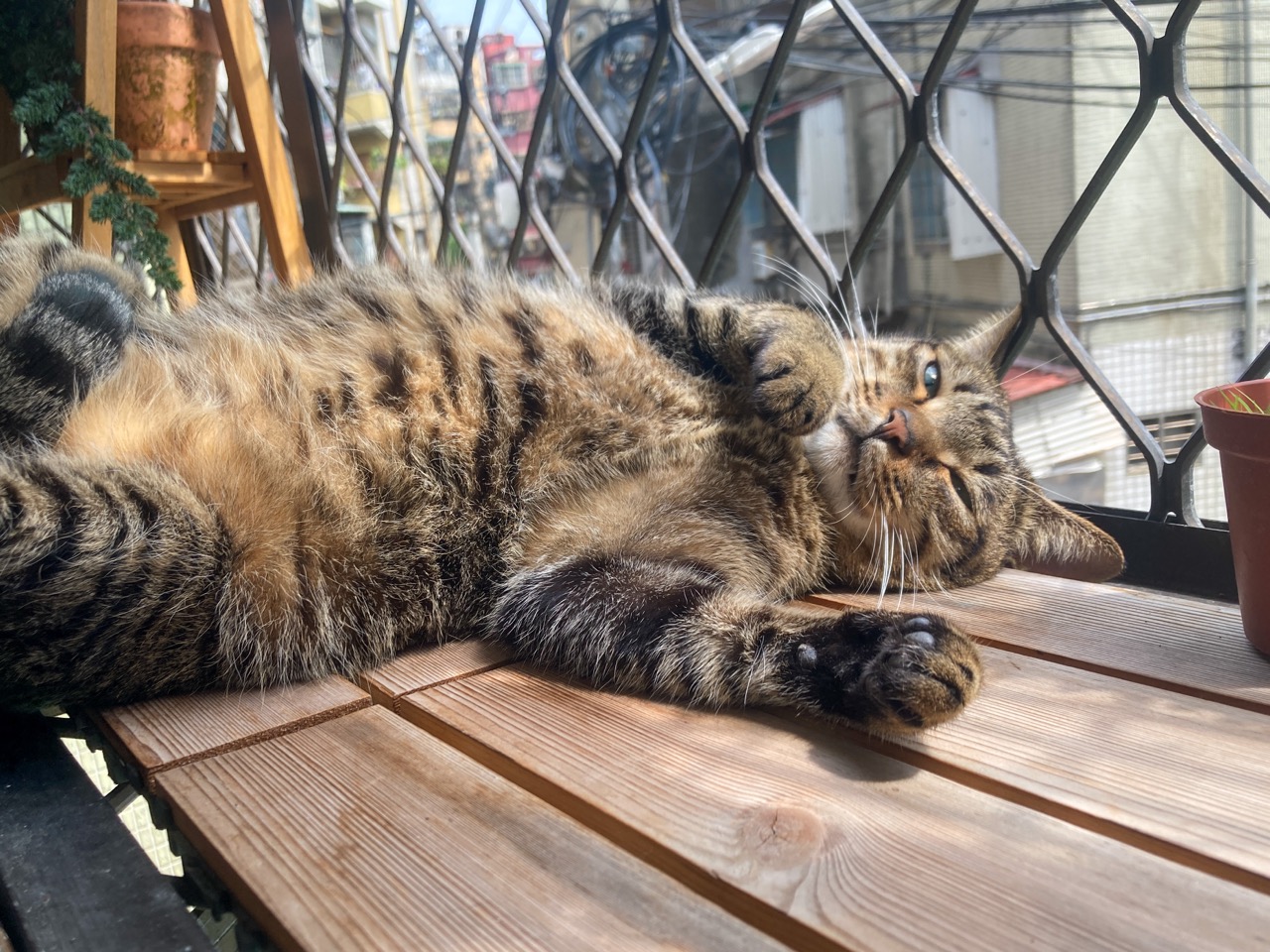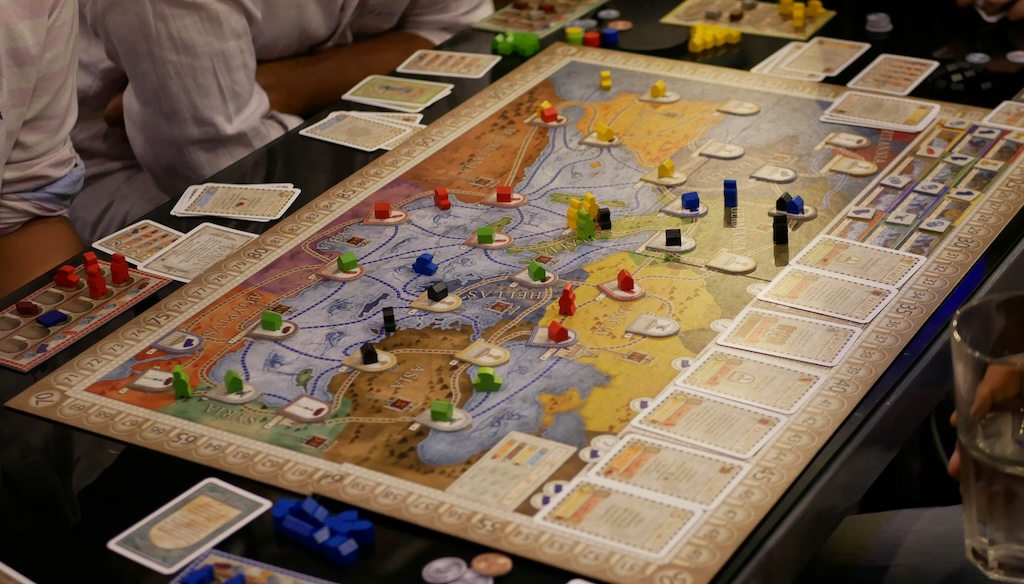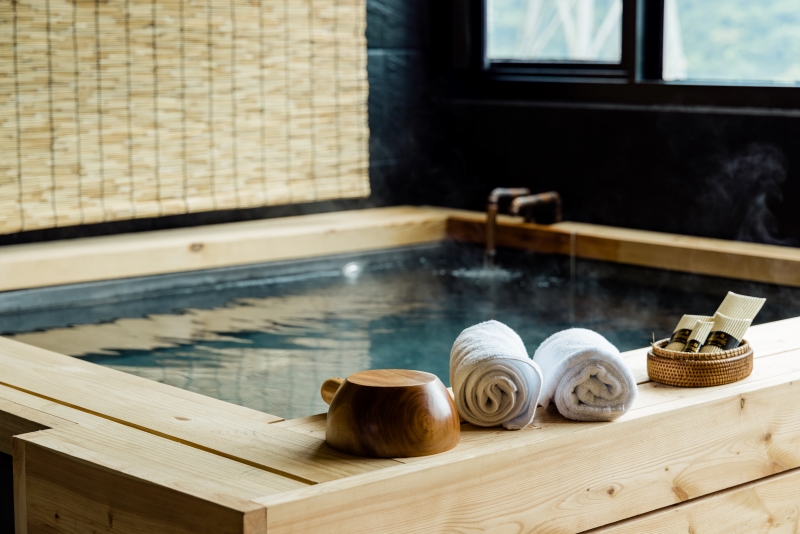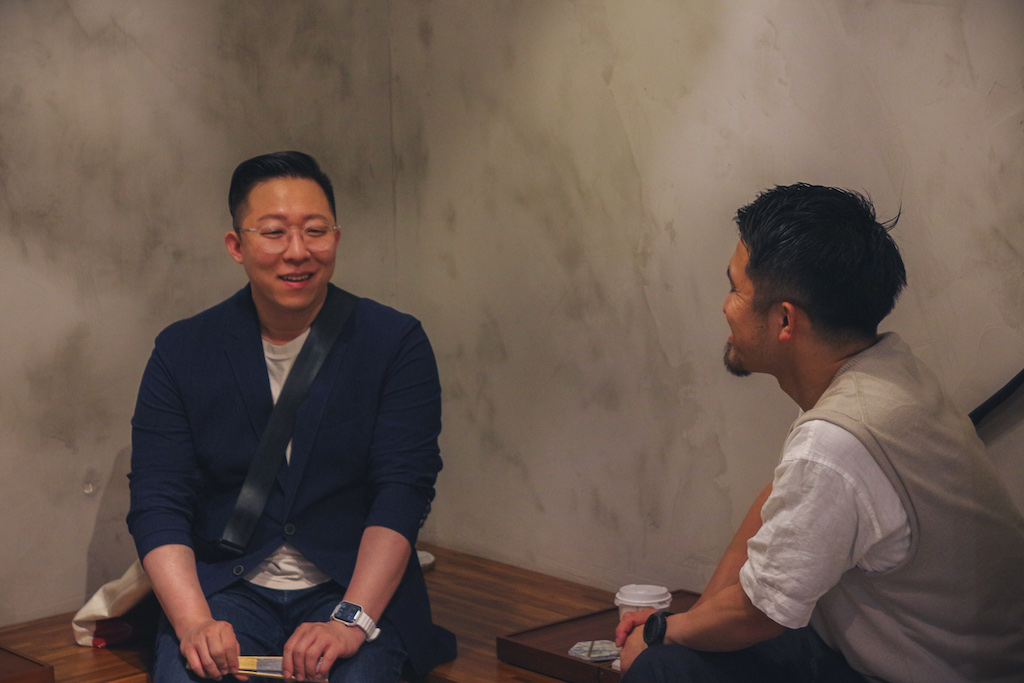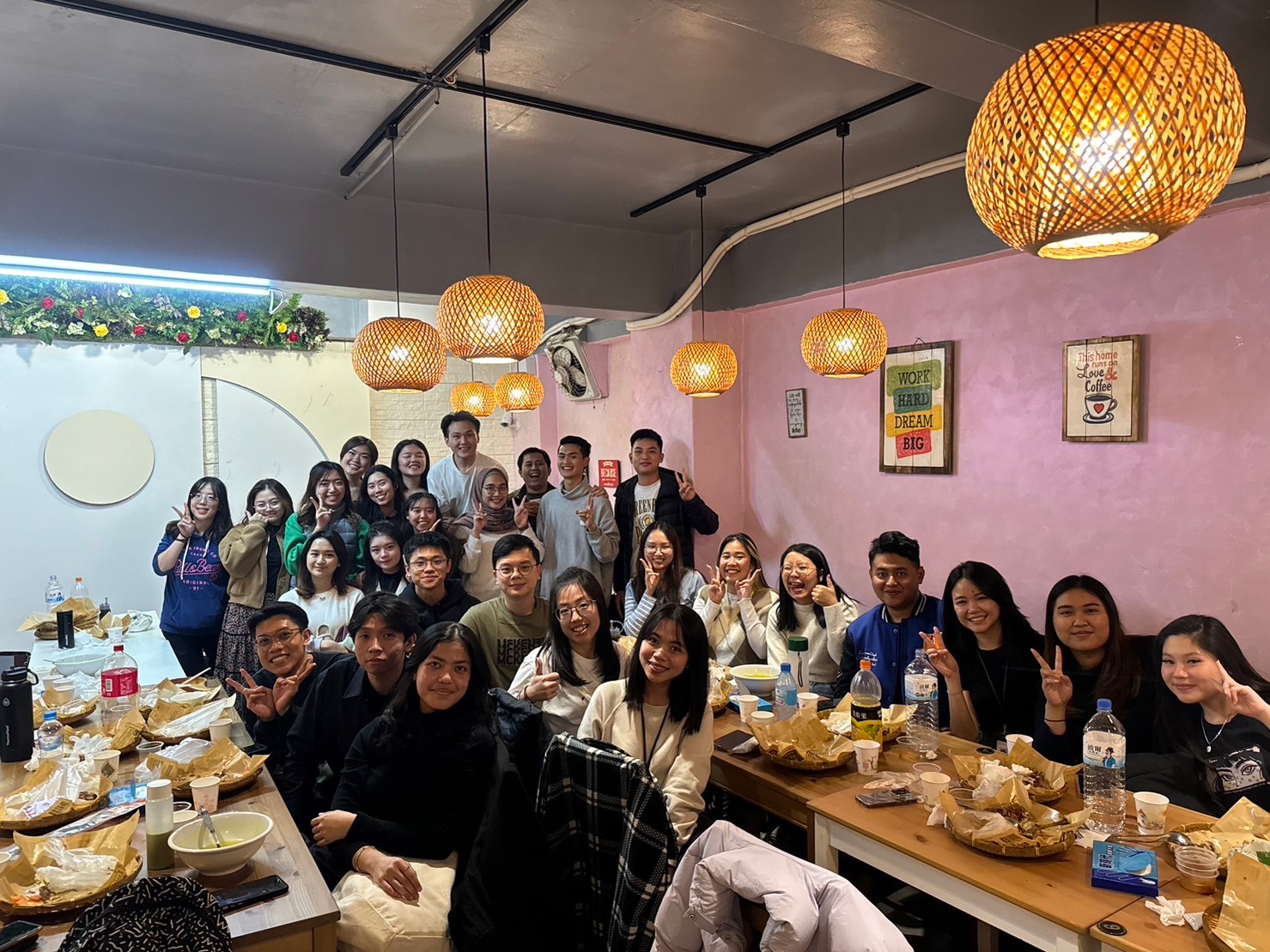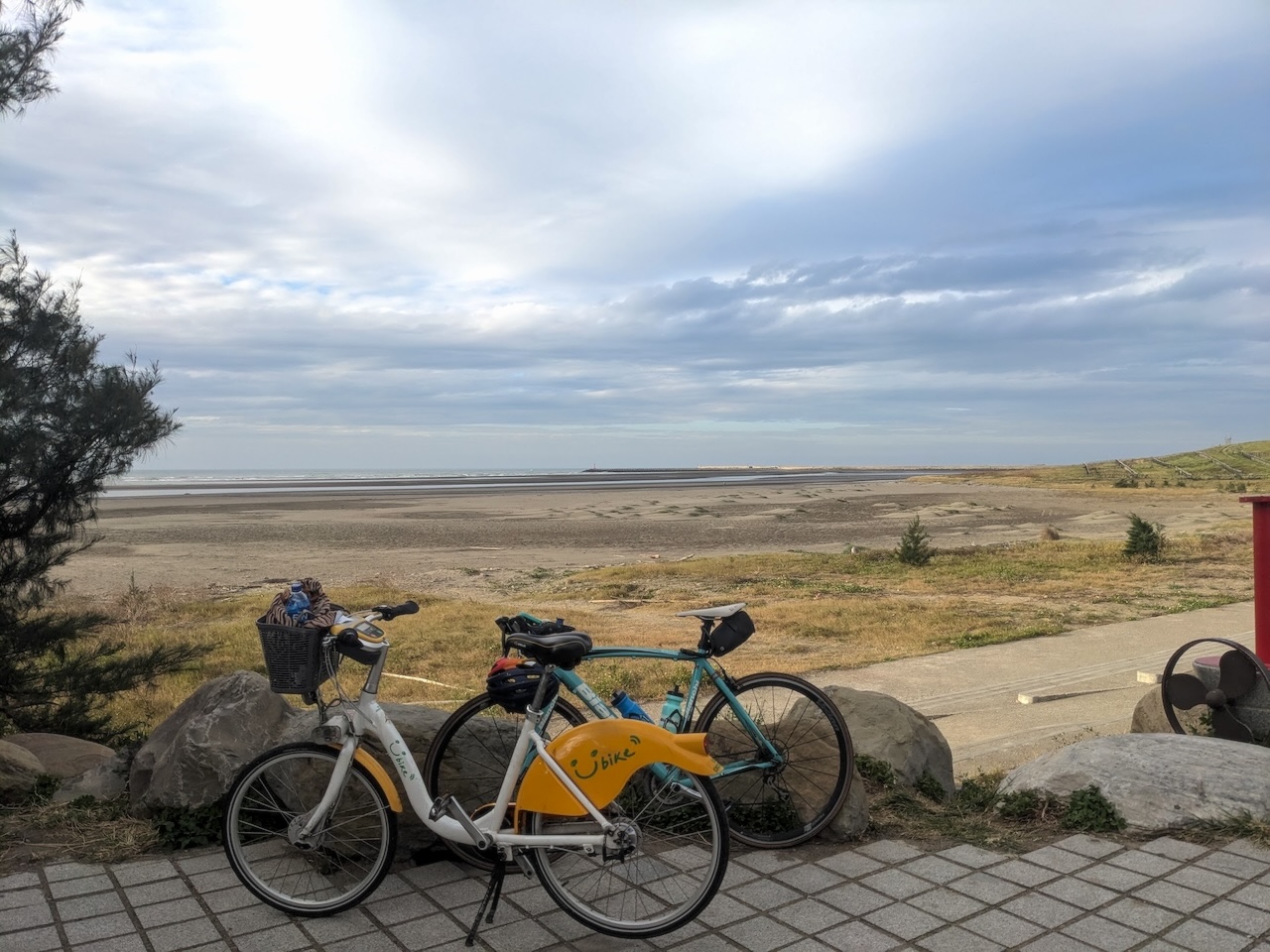“Plant the paper, Grow a hope!” are the words imprinted on many of the products of Woopapers (蕪蕪紙創), a first-of-its-kind “seed paper,” or “plantable paper” company in Taipei. Using a special process, seeds are mixed with paper pulp and implanted into everyday stationery such as greeting cards, postcards, tags, wrapping paper, notebooks, or even 3D seed balls of various shapes and sizes, which can then later be germinated by the receiver just by adding water.
DIGGING INTO ITS ROOTS
Not surprisingly, even the name “Woopapers” has its roots in gardening and agriculture. As one word alone, the Chinese word “蕪” (wu) is defined as “growing wildly” or “weeds.” However, as two “蕪” together, it takes on a whole new life and meaning, one of them being “thriving and prosperity,” which is exactly what CEO and founder Jennifer Mong (蒙艷芬) hopes to accomplish by implanting seeds of hope into each of her handmade products. “The idea is that it is a living, growing thing that you receive,” she exclaims proudly. “And it can be transferred from one person to another as a cycle of life.”
As a handmade paper enthusiast, Jennifer began the company with just one simple goal in mind: to create something she was fully passionate about. “Actually, this was not what I studied in school at all. My major was in banking and finance, and I worked as a high- grade secretary for many years before this,” she admits. “And the technology is actually not new and has been around abroad for almost 20 years,” she says. (If you’re a designer, you might also like: Chic Indie-Design Children’s Apparel and Family-Fun in Taipei: Ángeles Studio & Shop)
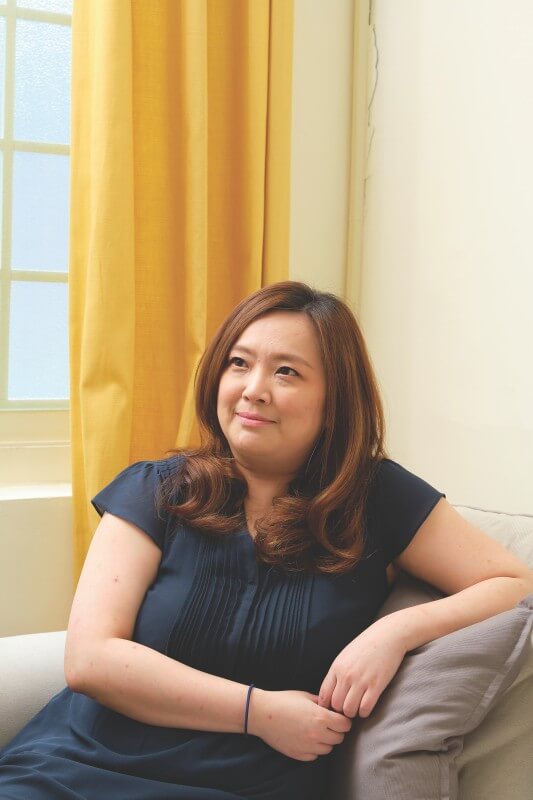
“But it was mostly only popular among small charities or religious communities overseas. Therefore, I looked into it for many years before finally deciding to take the plunge.”
But since Jennifer had no background in agriculture, she was forced to start from scratch. “I had to essentially learn everything from gardening to press printing to marketing on my own — and all without any similar business model to refer or relate to,” she smiles triumphantly.
PAVING THE ROAD
Back in 2012 when the company was founded, Taiwan’s level of environmental awareness mostly stretched out to include only basic recycling or division of recyclable materials. “The idea of sustainability has only caught on in recent years, stemming from 2015 or 2016,” Jennifer says. “Before that, it was mostly NGOs or young people who were interested in our products. Nowadays, however, we have clients who come to us because they themselves have received a product of ours in the past. Therefore, we don’t have to spend as much time educating the public or the consumer on our products like in the past, which has definitely made our job easier.
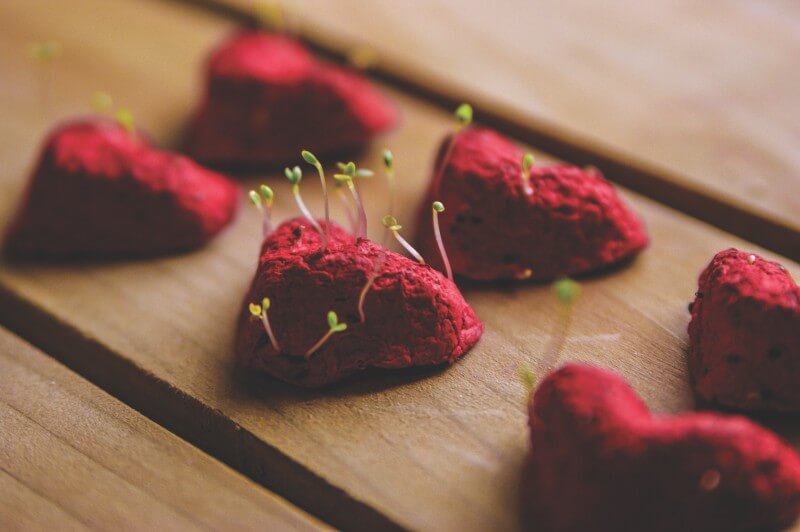
But the difficulty didn’t stop there. Because of its particularly delicate and unique product, many of the printing press companies were unwilling to print on her products in the beginning. “Often, they would take one look and say, ‘This is impossible. I can’t print on this,’ and turn us away,” she claims. “It took a lot of prodding and convincing to have them give it a try. “And without any other local competitors or relatable products to refer to, we’ve essentially had to make up our own rules of the game as we go along. Even now, it’s still an uphill climb,” she chuckles, “and that’s not even including the selection and criteria process for choosing seeds and actually making the paper!” (Fans of arts? read also: Step Inside the Enchanting World of Picture Books)
PAPERMAKING PROCESS AND SEED SELECTION CRITERIA
The seed paper process begins first by taking recycled paper and turning it into pulp. Each piece is rolled into suitable-sized balls and then placed into a frame-like structure, where they are molded and the appropriate seeds are added for germination. Next, each piece is pressed and flattened into shape, and then placed onto drying panels to be sun-dried and baked by the heat of the sun. Although some of Woopapers’ products may look like ordinary pulp paper, the process could not be more different. “Ordinary pulp paper requires high heat and pressure,” Jennifer tells us, “but we can’t do that with seed paper. Otherwise, the seeds would die. Therefore, everything must be shaped and molded by hand, and then dried without heat, using the warmth of the sun instead.
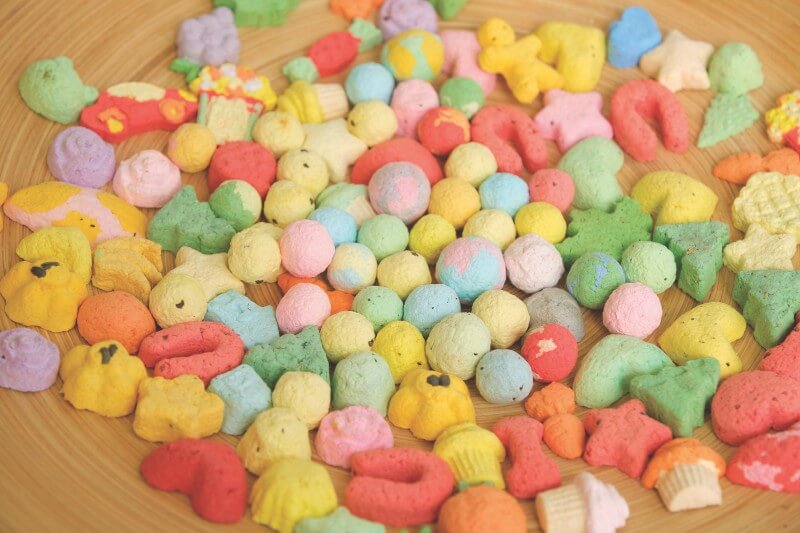
Actually, even the press printing cannot be done using regular machines. “We use a special type of screen printing, which is essentially taking a metal sheet and transferring or pressing the ink onto the sheet of paper, which doesn’t require any heat,” Jennifer tells us. “But we leave that technology mostly to the professionals at the printing press,” she adds.
Finding which seeds to use is another story. “There is an entire selection process that goes into choosing which seeds are suitable for which kind of paper,” Jennifer tells us. “For example, we have to consider things like how long the seeds take to germinate, how easy it is to plant, how accessible the seeds are, and even the thickness of the paper. All of these factors must be taken into consideration when deciding if they can be used or not. On top of that, the size of the seed is also important. For example, smaller seeds can be used on thinner paper, whereas the bigger ones can only make thick wrapping paper or 3D seed balls. Otherwise, the seeds would be too big and protrude out.”
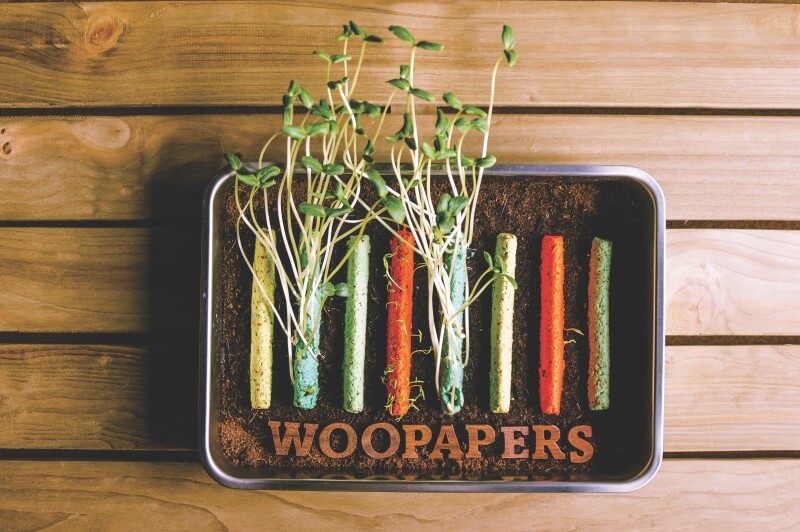
What about the most common types of seeds? Jennifer goes into further detail, saying that “Often, we find that wildflower-based or herb-based seeds are the easiest to make into paper and also easier for consumers to plant and maintain. For example, thyme, chrysanthemum, and snapdragons are all quite popular and relatively easy to grow. Of course, we are always willing to customize our products and look into new ideas based on our clients’ requests, though.”
WHERE TO FIND THEM
Currently, Woopapers is not looking to go big or become too commercialized. “We enjoy being a small company with our spirit of sustainability. Going bigger wouldn’t achieve that,” she remarks. “Actually, our company is only a team of three people, which includes everything from taking customer orders to holding classes to attending local and international trade shows, and more,” she chuckles. Woopapers is mostly targeted towards small business enterprises at present, with just a small minority of clients that come for their own private orders. “However, we do also work in collaboration with Syntrend (三創生活園區) and hold regular pop-up shops throughout the city as well. Besides, we offer online shopping and ordering as well, which makes it easier for everyone to find us,” Jennifer says.
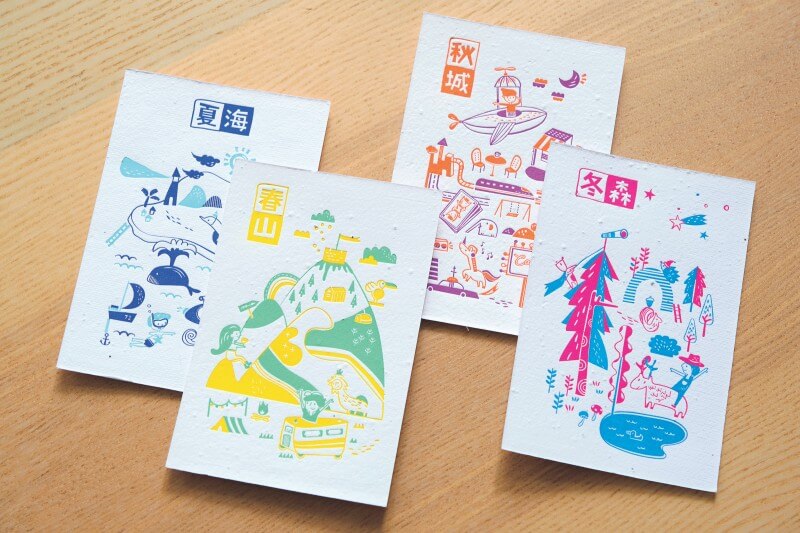
Paper items like wedding invitations are barely even looked at twice and thrown away. With seed paper, Woopapers has given paper a new meaning. “We have taken that same piece of paper and instead given them the cycle and seeds of life,” Jennifer says. That is exactly the energy and spirit of sustainability that Jennifer has accomplished.
| Find Woopapers’ Products Here | ||||
| Syntrend Q Space 🏠 2F, 2, Sec. 3, Civic Blvd., Zhongzheng Dist. | eslite Xinyi Store (pop-up shop) 🏠 11, Songgao Rd., Xinyi Dist. |
Words by: Catherine Shih / Photo by: Yenyi Lin, Woopapers
This article is reproduced under the permission of TAIPEI. Original content can be found at the website of Taipei Travel Net (www.travel.taipei/en).


